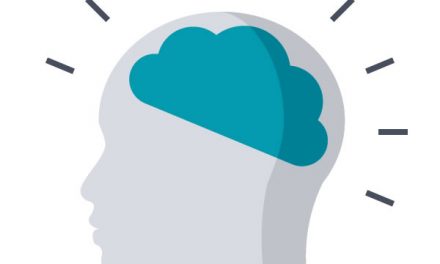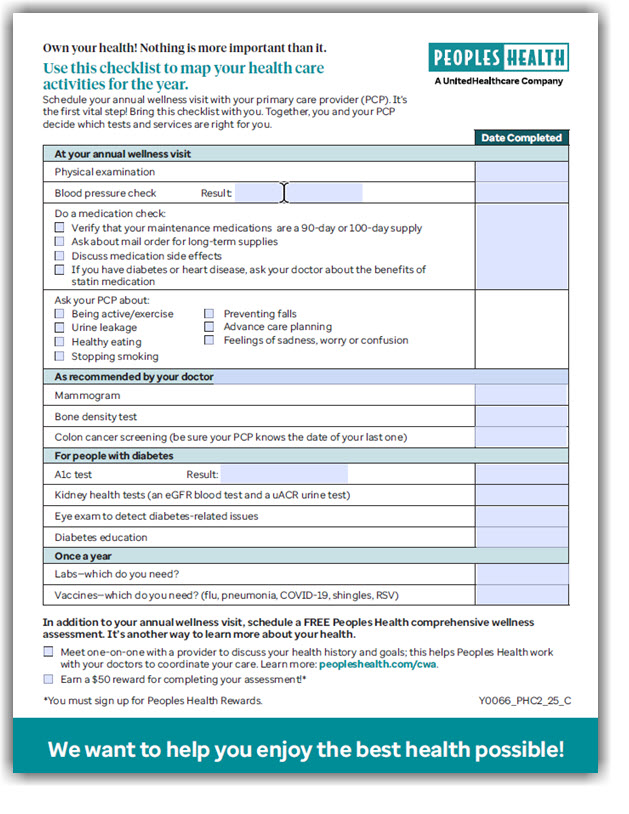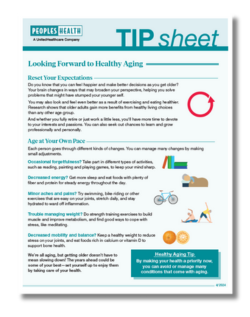Diabetes and high blood pressure put your kidneys at risk
What do the kidneys do?
The main job of your kidneys is to filter your blood. They remove waste, balance your body’s fluids and release hormones that control blood pressure. They also produce a form of vitamin D and control the production of red blood cells.
Chronic kidney disease is the gradual loss of kidney function over time. When the kidneys stop working correctly, they stop filtering blood, and this causes fluid and waste to build up in the body. This buildup is dangerous. Kidney disease can lead to kidney failure.
Diabetes and high blood pressure—the two most common causes of chronic kidney disease
If you have either of these conditions, talk to your doctor about being tested regularly for chronic kidney disease. Because kidney disease happens gradually and there are often no symptoms, many people don’t realize they have it until it’s advanced and they need dialysis.
Approximately 1 in 3 adults with diabetes has chronic kidney disease, and both type 1 and type 2 diabetes can cause it. Diabetes—also a long-term health condition—affects how your body turns food into energy. It occurs when there’s too much sugar in the blood because the body doesn’t make enough insulin or can’t properly use the insulin it makes to process blood sugar into energy. High blood sugar can damage blood vessels in the kidneys.
High blood pressure can also weaken and damage blood vessels because it constricts and narrows them throughout the body, including in the kidneys. This means blood can’t flow as well and oxygen can’t be carried as well throughout the body, including to the heart. Checking your blood pressure regularly is the only way to know if it’s high.
Are you at risk for chronic kidney disease?
Other risk factors for developing chronic kidney disease include getting older and ethnicity—being African American, Native American or Asian American. Some risk factors can’t be controlled, but managing diabetes and high blood pressure can lower your risk.
Talk to your doctor if you have a family history of kidney disease or if you smoke. Being overweight, having cardiovascular disease and having an abnormal kidney structure may also cause kidney disease. Your doctor can help identify your risks, order tests to check your kidney health and get you on a treatment plan if needed.
Take Your Medicine
If you take medicine to treat diabetes, high blood pressure, kidney disease, high cholesterol or other health conditions, follow your doctor’s or health care professional’s instructions carefully, and be sure to fill your prescriptions on time. Always ask questions if you do not understand something, and never stop taking your medicine without talking to your doctor or pharmacist first. Stopping your blood pressure or cholesterol medicine, for example, without first talking to your health care team could lead to serious health consequences.
High blood sugar and blood pressure levels—along with high cholesterol—affect your kidneys and your heart health. So working with your doctor to manage these conditions is
important.










